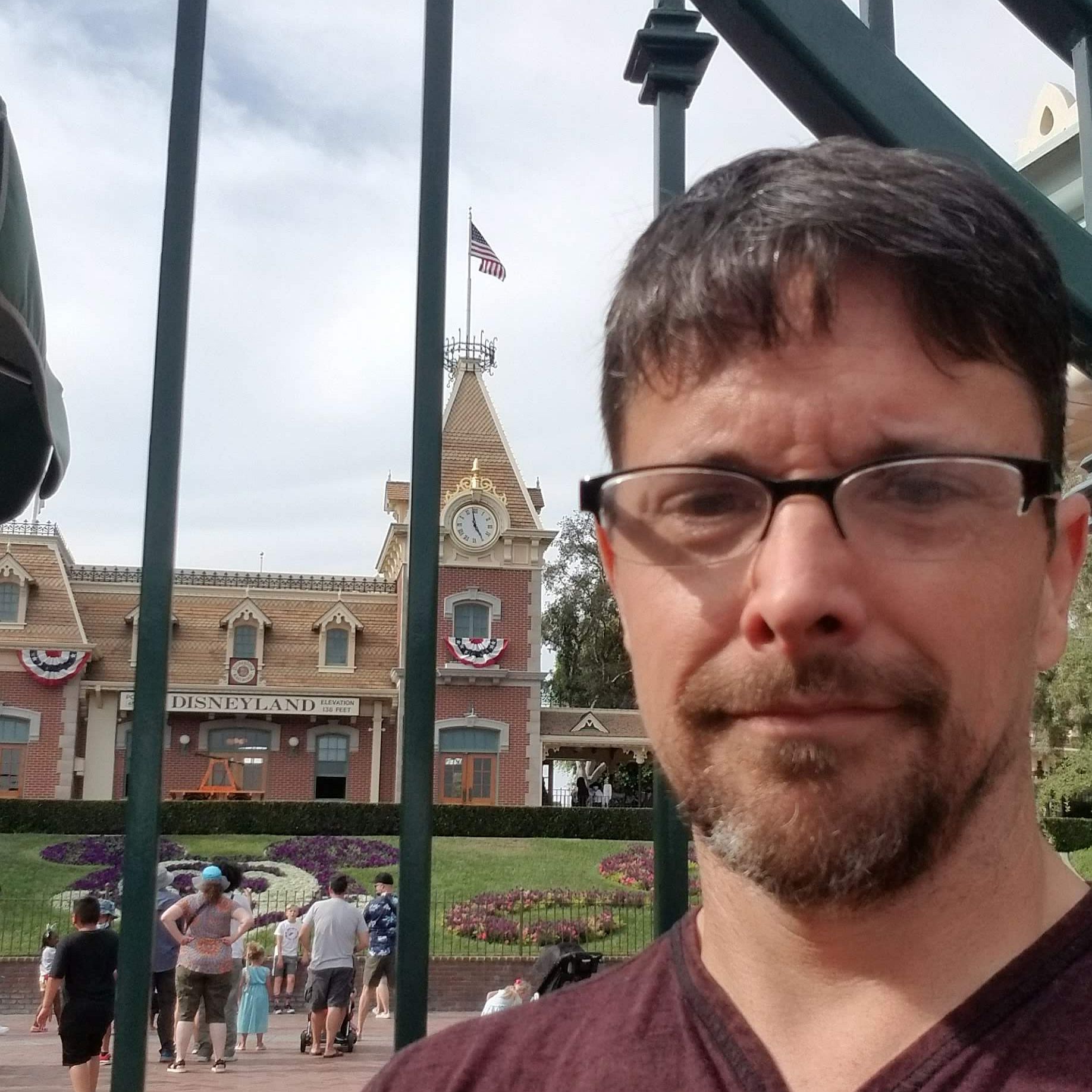Kubo is a young boy with only one eye. His mother tells him that her father took it from him when he was an infant and that Kubo's father died so that they could escape. Now, they live in hiding on the outskirts of a small village where Kubo makes ends meet earning money by telling the story of his father to the villagers, with the help of his mother's shamisen, a guitar-like instrument with three strings. The one rule is that Kubo must be home in the cave where they live before sundown. You see, Kubo's grandfather is the Moon King, and if the moon ever sees where Kubo is, he'll come for the boy's other eye.
Of course, that which must not happen does happen, and thus begins the story of Kubo and the Two Strings. The first, and most important thing about Kubo, is that the movie is absolutely beautiful. It is the most visually stunning film I have seen all year, possibly for the last several years. Laika's stop-motion animation has reached peak form here. Ever since the studio's first film, the under-appreciated Coraline, they have shown that they are capable of pushing stop motion to its practical limits, and with each ensuing feature (ParaNorman, The BoxTrolls) they have only become better. Kubo takes everything to a whole new level. Using a combination of stop-motion and digital effects they have created something truly special.
More than once I found myself simply in awe of what I was seeing. From seeing dozens of origami birds flying through the air at once, each moving independently, to massive action set pieces, Kubo and the Two Strings showcases things you simply didn't know could be done with stop-motion animation. From being able to make robes flow in the air and boats sail on water, the film moves from one beautiful and stunning visual to the next.
In addition to the stunning visuals of the animation, music plays a key role in the story of Kubo and the Two Strings. Academy Award winner Dario Marianelli's score is lovely and beautiful when it needs to be, and jarring when it is required. The highlights, however, are the eastern inspired tunes played by Kubo himself in the film. Music is magic in Kubo and the Two Strings, and the music played by Kubo is the most transportive in the film. The up-tempo shamisen lead pieces of music will draw you into the story as much as the visual style. Although, the real ear worm you won't be able to get out of your head will be Regina Spektor's cover of The Beatles' "While My Guitar Gently Weeps" played over the closing credits.
Not only is the music great but the sound is also fantastic. I don't remember the last time I was actually struck by a film's sound mix, but Kubo's is so good, that it doesn't just complement the story, it feels like a character unto itself.
If there's anything wrong with Kubo and the Two Strings, it's that the plot is a fairly standard hero's journey. There won't be anything too surprising that takes place. Whether or not you figure out the film's first twist, once that one is revealed, the rest will likely fall into place for most viewers. While this is a criticism, it's not much of one, as it doesn't matter if you know where the story is going, because the purpose of the film is to see it all happen, and what you see does not disappoint.
And what Kubo and the Two Strings shows you is just about anything any viewer could want. The film has action and drama, romance and suspense. It's scary, including some moments, which, while not graphic, suggest horrific violence. However, the film is also funny. What's more, Kubo is able to balance all of these elements evenly. The jokes don't break the tension, the scares only elevate the action. Those scares come primarily from the voice acting of Rooney Mara as "the Sisters." Mara voices a pair of Kubo's aunts who have come to take him back to the Moon King. They are bone-chillingly creepy. The laughs come from Matthew McConaughey as Beetle, a cursed former samurai with only vague memories of who he was before the curse. Charlize Theron as Monkey and Art Parkinson (Rickon Stark from Game of Thrones) round out the primary voice cast. It wouldn't have hurt the film if the voice cast had given some of these major roles to some more diverse voice actors, given the Japanese inspiration for the film, but the actors they do have do their jobs admirably. The movie is not without a diverse voice cast, though the Asian actors who lend their talents only comprise the smallest roles.
What issues the film has will likely not lessen the enjoyment of watching it. In summary, Kubo and the Two Strings is an astounding technical achievement and a mesmerizing tale. If you must blink, do it now, because you won't want to miss a second of what you see on screen.

CinemaBlend’s resident theme park junkie and amateur Disney historian, Dirk began writing for CinemaBlend as a freelancer in 2015 before joining the site full-time in 2018. He has previously held positions as a Staff Writer and Games Editor, but has more recently transformed his true passion into his job as the head of the site's Theme Park section. He has previously done freelance work for various gaming and technology sites. Prior to starting his second career as a writer he worked for 12 years in sales for various companies within the consumer electronics industry. He has a degree in political science from the University of California, Davis. Is an armchair Imagineer, Epcot Stan, Future Club 33 Member.
Most Popular




